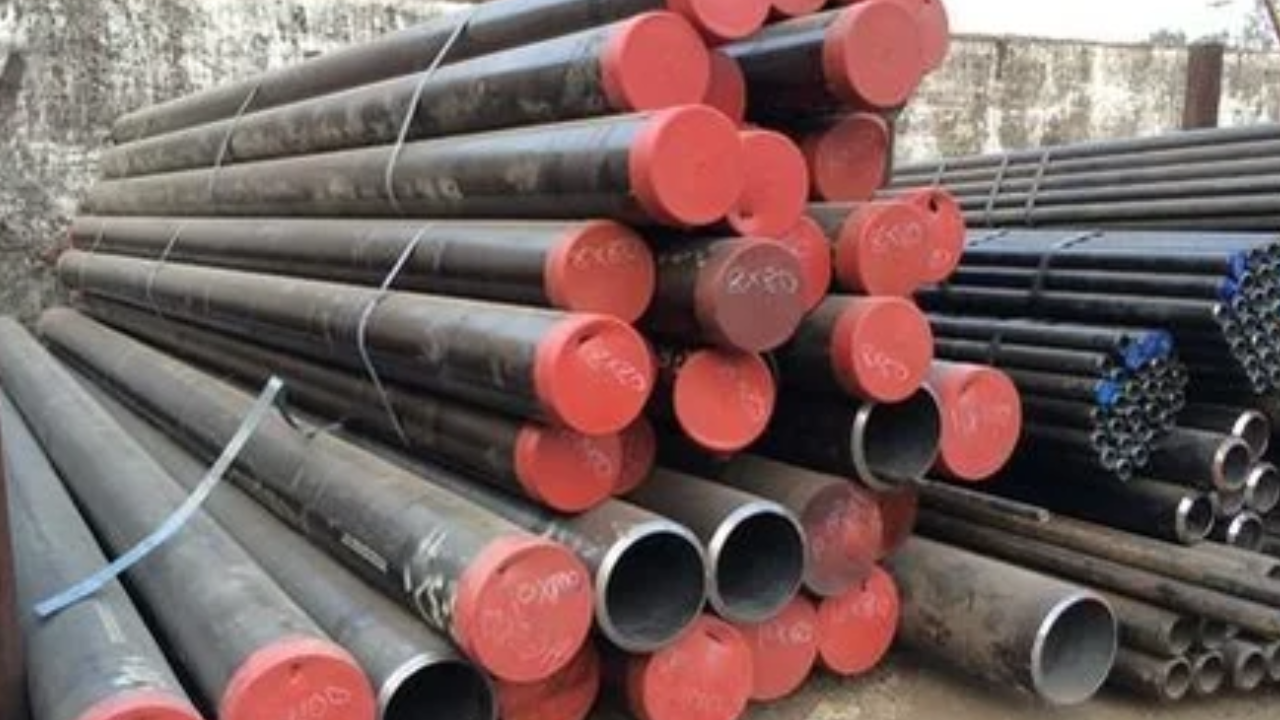Water tube boilers are planned to form steam by warming water that streams through tubes revealed to the high-temperature gasses made by combustion. This arrangement is particularly useful for high-pressure applications and ensures beneficial warm trade due to the sweeping surface locale of the tubes in contact with the hot gasses.
The water tube course of activity licenses for quick steam time and the capacity to handle higher weights compared to fire tube boilers. Be that because it may, the complex arrangement of water tube boilers, with their different components and complex stream ways, presents some operational and bolster challenges. These challenges consolidate managing scale and residue buildup, expecting disintegration and
Common Issues and Challenges Gone Up Against With Water Tube Boilers
Water tube boilers are celebrated for their capability and capacity to handle high-pressure steam. Their arrangement, which incorporates water spilling through tubes warmed remotely by combustion gasses, offers basic focuses of intrigued over fire tube boilers, especially in mechanical settings. In any case, in showing disdain toward their benefits, water tube boilers are not without their challenges. Understanding these issues is crucial for keeping up perfect execution and ensuring security. This article burrows into common issues related to water tube boilers and explores potential courses of action.
Scale and Residue Buildup
One of the preeminent common issues with water tube boilers is scale and residue buildup. Troublesome water, containing tall levels of calcium and magnesium, can lead to the course of action of scale on the insides of the tubes. This scale acts as a security layer, decreasing warm trade capability and growing fuel utilization. Moreover, residue can collect different parts of the pot, conceivably causing blockages and diminishing by and large adequacy. Standard water treatment and upkeep are fundamental to expect scale and sediment buildup. This consolidates utilizing water conditioners and chemical medicines to control water hardness and routinely cleaning the pot system.
Disintegration and Deterioration
Disintegration and crumbling are essential concerns in water tube boilers. Disintegration can happen when the metal surfaces of the pot are exposed to forceful chemicals or when there's insufficient water treatment. Crumbling, on the other hand, is caused by the grinding action of high-velocity steam and vent gasses. Both issues can lead to decreased pot life hope and extended bolster costs. Suitable water treatment and standard survey of evaporator components are essential to directing these issues. Utilizing corrosion-resistant materials and coatings can also help increase the life of the pot.
Operational Frailty
Operational instability can appear as changes in steam weight and temperature, which may lead to inefficient execution and potential security perils. These changes can be caused by some factors, checking unseemly burner settings, changes in fuel quality, or sudden changes in stack ask. To address operational instability, it's crucial to ensure that the boilerâÂÂ's control systems are precisely calibrated and that all operational parameters are regularly checked. Actualizing advanced control systems and standard backchecks can help stabilize operations and advance for the most part execution.
Overheating and Warm Thrust
Overheating may be a common issue in water tube boilers, habitually coming around from dishonorable burner operation or insufficiently cooling water stream. When the temperature of the tubes outperforms their arranged limits, it can lead to warm extension and potential tube dissatisfaction. This will be exacerbated by sudden changes in working conditions or disillusionment with the cooling system. To dodge overheating, it's essential to protect authentic burner settings and ensure that the cooling water stream is dependable. Typical appraisal of the boiler's warm security systems can in addition offer help to maintain a strategic distance from overheating issues.
Upkeep and Evaluation Challenges
Keeping up and surveying water tube boilers can be more complex than other sorts of boilers due to their arrangement. Getting to and cleaning the internal tubes, investigating for disintegration or scaling, and supplanting worn components can be labor-intensive. Moreover, the requirement for typical, comprehensive appraisals to ensure the boiler's secure operation requires a skilled workforce and can result in extended downtime and upkeep costs.
Water Quality on Pot Execution
Water quality plays a pivotal part in the operation and life span of water tube boilers. Debasements inside the water, such as broken-up salts and minerals, can lead to a scale course of action on the tubes, reducing warm trade viability and extending essentialness utilization. Tall levels of broken-down oxygen and other dangerous substances can also animate the disintegration of evaporator components, driving potential dissatisfactions and extended upkeep costs. Practical water treatment and conditioning are principal to calm these issues. Executing systems to oust debasements, control water hardness, and screen water quality habitually makes a distinction to ensure that the water tube evaporator works profitably and highlights a longer advantage life.
Conclusion
While water tube boilers offer different central focuses, tallying tall adequacy and the capacity to handle high-pressure steam, they are not without their challenges. Issues such as scale and sediment buildup, disintegration and crumbling, operational feebleness, overheating, and bolster inconveniences can impact their execution and life span. Tending to these challenges requires proactive measures, tallying standard upkeep, suitable water treatment, and advanced control systems. By understanding and supervising these common issues, directors can ensure that their water tube boilers continue to perform viably and safely, giving tried and true steam periods for their mechanical shapes.


